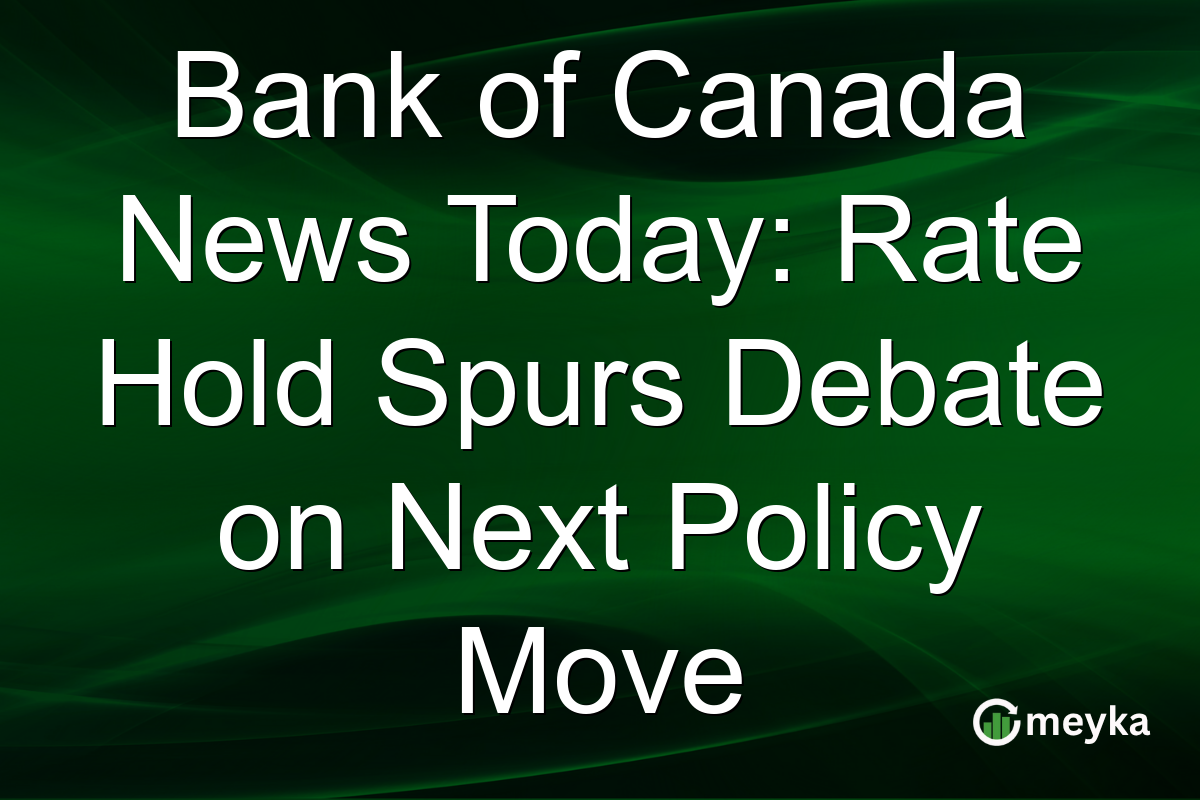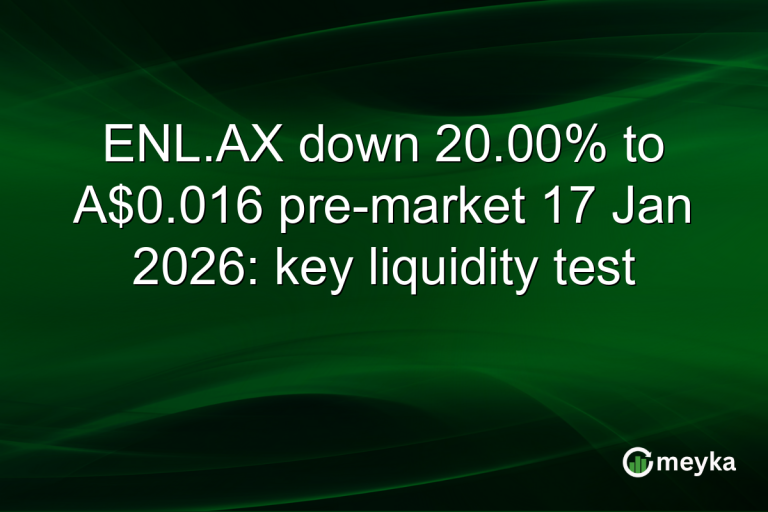Bank of Canada News Today: Rate Hold Spurs Debate on Next Policy Move
The Bank of Canada recently made headlines by keeping its key policy rate unchanged, fueling discussions regarding future monetary policy directions. This decision comes amid moderating inflation data but persistent economic uncertainties that have investors and economists speculating about possible rate cuts in the near future. As the conversation around borrowing costs intensifies, the impact on Canadian markets becomes a focal point in understanding broader economic trends.
The Decision to Hold: Understanding the Context
The Bank of Canada’s decision to maintain its policy rate was anticipated by many as inflation shows signs of easing. However, this move was not without controversy given the complex economic landscape. While inflation has been gradually declining, it’s not yet at the central bank’s target level. This underscores the delicate balance the Bank of Canada strikes between fostering economic growth and curbing inflation.
For more details on the central bank’s reasoning, see the coverage by Reuters. Economists believe this hold reflects caution amid uncertain global economic conditions that could impact Canada’s economic prospects in the near term.
Economic Implications and Market Reactions
The rate hold has various implications, particularly for borrowers and investors. For borrowers, the decision offers a reprieve from rising interest costs, allowing for more stable borrowing conditions. For investors, however, the implications are mixed. Stable rates could encourage market stability and provide opportunities in sectors sensitive to borrowing costs, such as real estate.
Market sentiments have been teetering, with some anticipating a positive economic outlook as the BoC remains poised to potentially pivot to rate cuts if economic conditions necessitate. As seen in Yahoo Finance, the hold is not just about immediate relief but also about preparing for future economic challenges.
Central Bank Policy Canada: The Road Ahead
Looking forward, the Bank of Canada’s future policy actions hinge on evolving economic data. The BoC has indicated it remains vigilant, ready to adjust its policies should inflation pressures resurface or the economy signals distress. Economists speculated during recent discussions that the next few months might determine whether the rate hold translates into a rate cut, essential for spurring economic activity.
As captured in the BNN Bloomberg report, this period calls for attentiveness to domestic economic indicators and geopolitical developments affecting global markets, crucial factors in shaping the BoC’s strategy.
Final Thoughts
The Bank of Canada’s decision to hold rates has sparked significant dialogue regarding its next steps. As inflation moderates but does not entirely dissipate, the central bank’s cautious approach reflects a broader economic strategy aiming for stability. While borrowers gain from steadier rates, investors grapple with uncertainty over future moves. This underscores the importance of monitoring economic indicators and remaining adaptable to changing economic conditions.
For those closely watching these developments, platforms like Meyka provide invaluable insights by leveraging AI to predict market changes. As we move further into 2025, both the Canadian public and its markets await clearer signs from the central bank that will shape Canada’s economic landscape.
FAQs
The Bank of Canada held its rates due to moderating inflation and ongoing economic uncertainties. This cautious stance balances the need for economic growth while ensuring inflation targets are met.
For borrowers, holding the rates means stable borrowing costs, potentially easing financial strain and encouraging spending and investment in sectors like housing.
Investors should expect the Bank of Canada to remain watchful of economic indicators. While a rate cut could occur if economic conditions deteriorate, the central bank will likely prioritize inflation control and financial stability.
Disclaimer:
This is for information only, not financial advice. Always do your research.






